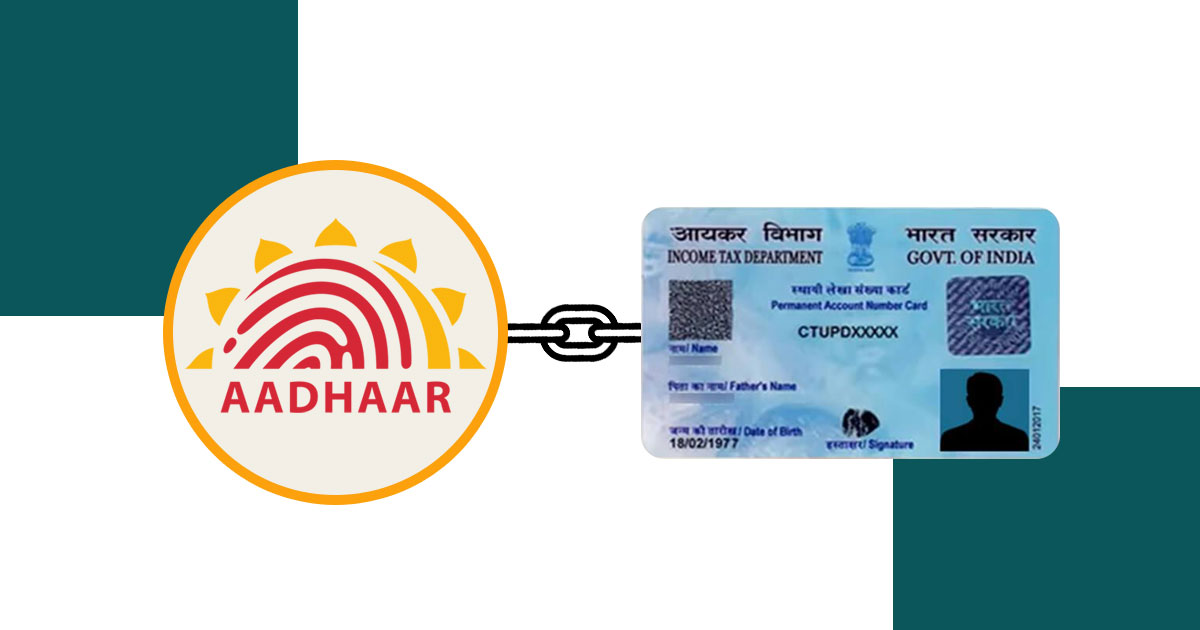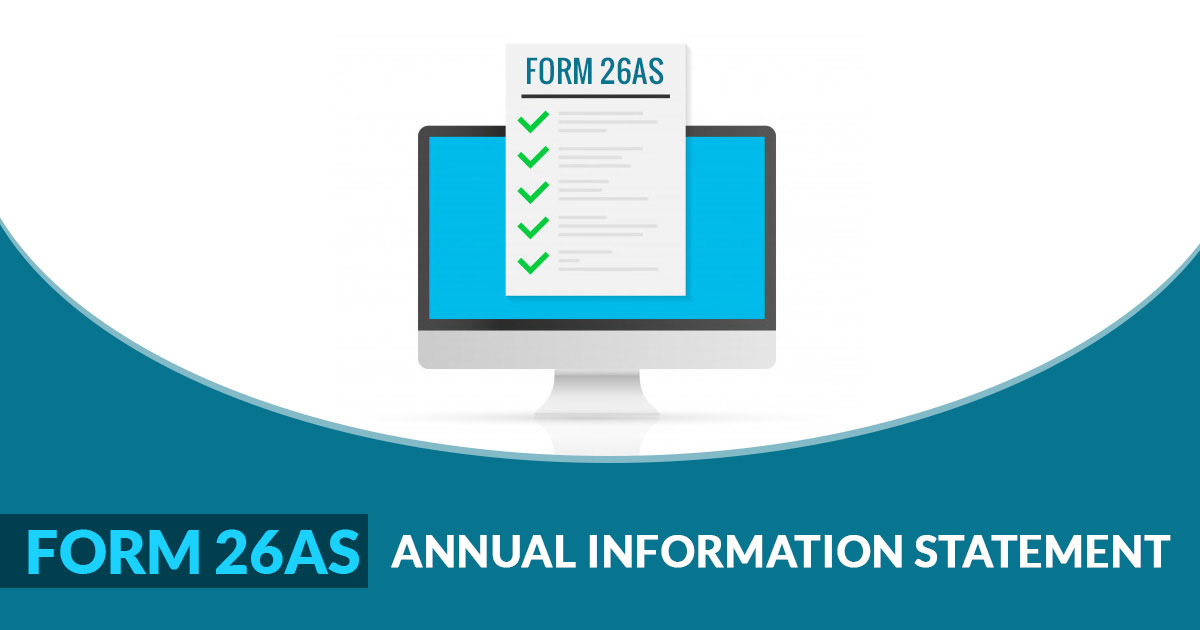For talented students, the dream of obtaining a foreign degree has become far-fetched, as tax will be collected at source TCS if the remittance amount exceeds Rs 7 lakh.

While the TCS rate will be 0.5 percent (Till 31st March 2021: 0.375%), when the amount is received from a financial institution. Whereas if it is remitted from any other source the rate will be 10 times which means 5% (Till 31st March 2021= 3.75%).
In this matter Dr. Suresh Surana, founder of RSM India responded that “As the Finance Act of 2020 introduced Section 206C(1G) under the Income Tax Act, 1961 
He further added that “However, on certain foreign remittances (other than remittance made out of education loan from any financial institution) at the TCS rate will be 5 per cent, provided the amount of remittance exceeds Rs 7 lakh. Also, such rate would be enhanced to 10 per cent in case of absence of availability of PAN or Aadhar 
So in a case where a poor talented student who wants to obtain a foreign degree, but fails to source a loan from a financial institution and takes financial help from his/her relatives(s), If the amount exceeds Rs 7 lakh, the tax amount will be added to the financial burden.
For example, if the total monthly expenditure to earn a 2-month foreign degree becomes Rs 1 lakh, apart from spending Rs 24 lakh from a source other than a financial institution, a poor student has to arrange Rs 1,20,000 extra to pay taxes to the government. Even if a student is getting financial assistance from an NGO, he/she has to pay tax on the scholarship.
Dr. Surana said that “The overall cost of pursuing foreign education shall increase for students due to the applicability of TCS. Further, in case of funding through their own or family sources (other than through financial institutions), the TCS rate is higher at 5 per cent”.
He added that “However, it is to be noted that the TCS collected and paid would be reflected in the Form 26AS 
TCS rule will not make only foreign education expensive but it will also make foreign tour packages expensive as well.
He stated that “The foreign remittances on which such TCS would be imposed include any remittance of amount out of India under the Liberalised Remittance Scheme (‘LRS’) of the Reserve Bank of India (RBI) via an authorised dealer as well as purchase of an overseas buying package. In case of buyers of foreign tour packages, there is no minimum threshold prescribed and the rate of TCS applicable is 5 per cent. (10 percent if no Aadhar / PAN provided)”.
He reminds that “Thus, students remitting any payment abroad for foreign education out of an education loan as well as buyers of overseas tour packages needs to take into consideration the TCS that would be collected from such amount and accordingly gross up their remittances to include the TCS”.